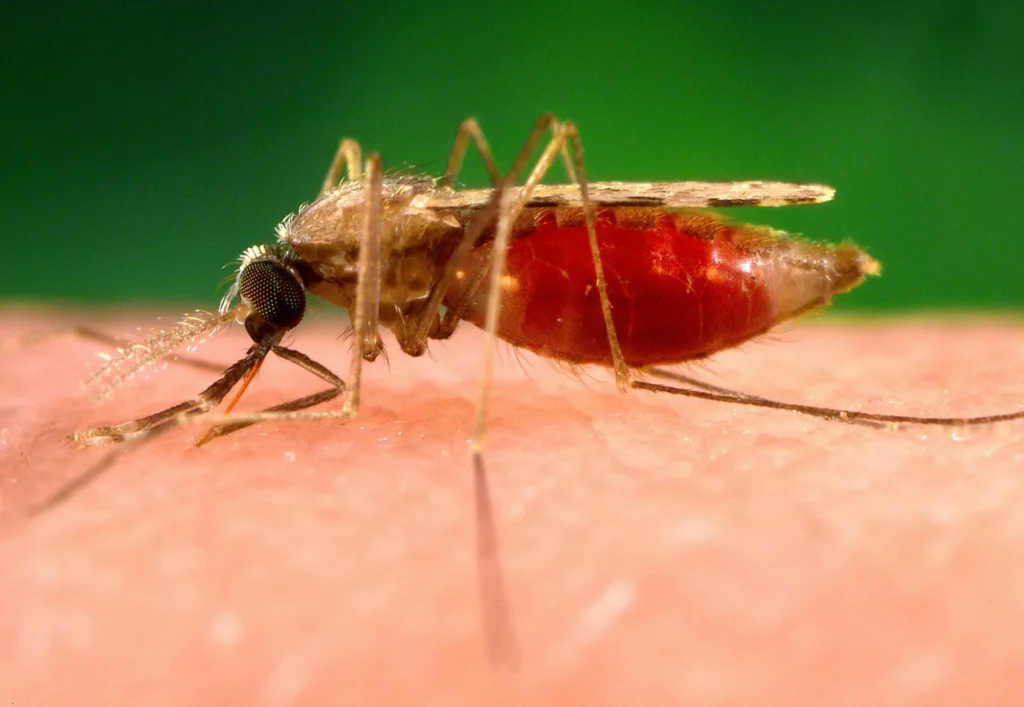
This week in Malaria World, MMV (Medicines for Malaria Venture), a Swiss based NGO founded with funding from Rockefeller foundation and others, announced clinical trials of MMV371, an ester-linked acetyl derivative of atovaquone, one of the components of GSKs Malarone, a combination of atovaquone and proguanil that is taken orally.
Drugs.com report side effects for atovaquone/proguanil; severe or uncontrolled vomiting or diarrhoea; fever, mouth sores; problems with speech, balance, or walking; severe skin rash; nausea, stomach pain, loss of appetite, dark urine, clay-coloured stools, jaundice (yellowing of the skin or eyes); easy bruising, unusual bleeding (nose, mouth, vagina, or rectum), purple or red pinpoint spots under your skin.
Just imagine how much worse side-effects could be when directly injected.
The trial itself, in conjunction with Quotient Sciences, is taking place in Nottinghamshire, UK and it is unclear what will be given to the placebo group. The first cohort will receive 112 mg or placebo by intramuscular injections. Second and third cohorts to receive double of quadruple doses, up to 446 mg. I wonder will the placebo be a true placebo? I reported that the trial of R21 vaccine used a relatively toxic Indian polio vaccine instead of a true placebo.
More information on MMV371 development is available in Malaria Journal article by El Gaaloul et al.
Can we compare trial subjects in Nottinghamshire, UK to the likely target patients, perhaps malnourished children under five? Pending positive outcomes of the study, clinical trials in malaria-endemic countries are expected to begin in 2026. The promotors claim the final product could have the potential to complement existing interventions such as vaccines; seasonal malaria chemoprevention (SMC), mainly administered to children under five. I have more discussion of SMC drugs in my book ‘Malaria is Spread by Mosquitos?’ and previous blog posts.








